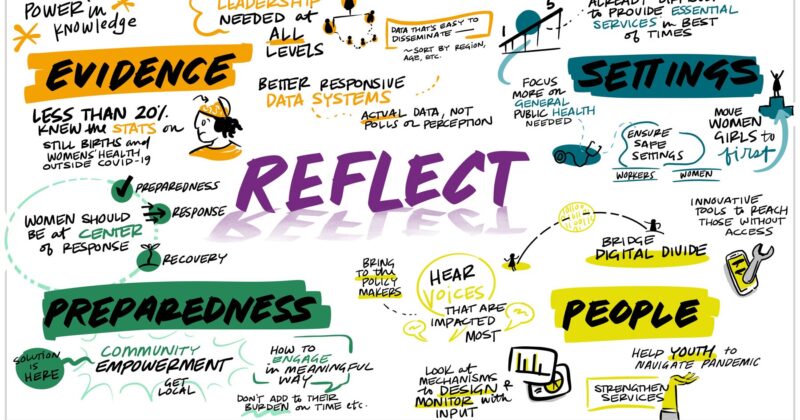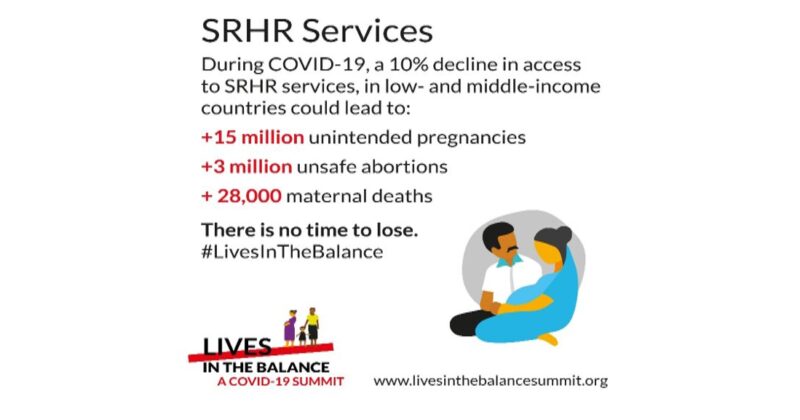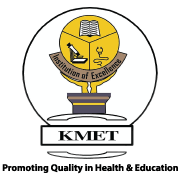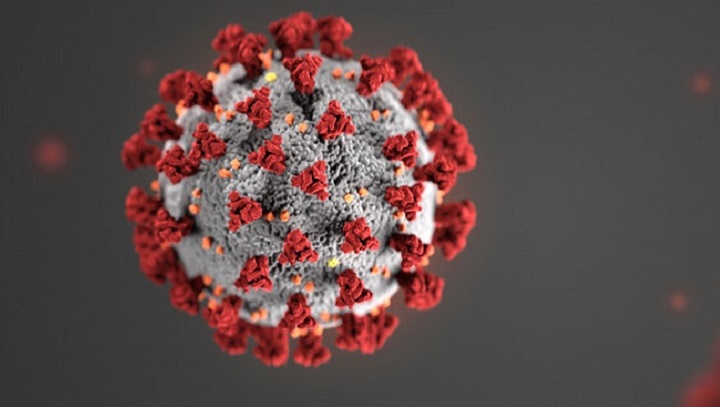
October 2020 Director’s Message: Let’s make 2020 count, while it lasts
When I wrote my last newsletter, Covid had sent students home for the rest of the spring semester, and many in the reproductive health community were wondering whether and how to engage in advocacy during the pandemic. In the past five months, Covid has transformed from a time-limited public health emergency, into our daily public health reality. Duke has settled into a new normal with a transformed campus life, including more social distancing, online and hybrid classrooms and an active surveillance program for faculty, staff and students. Our teams in Kenya and Uganda have used the research pause to strengthen their relationships with the local partners in sexual and reproductive health, mental health and cancer care, utilizing zoom workshops and webinars to build their networks and develop strategies to reimagine health care for the Covid and post-Covid era. Similarly, Blue Devils have risen to the occasion. Students have worked hard to engage online, balancing the new demands of masking, social...






